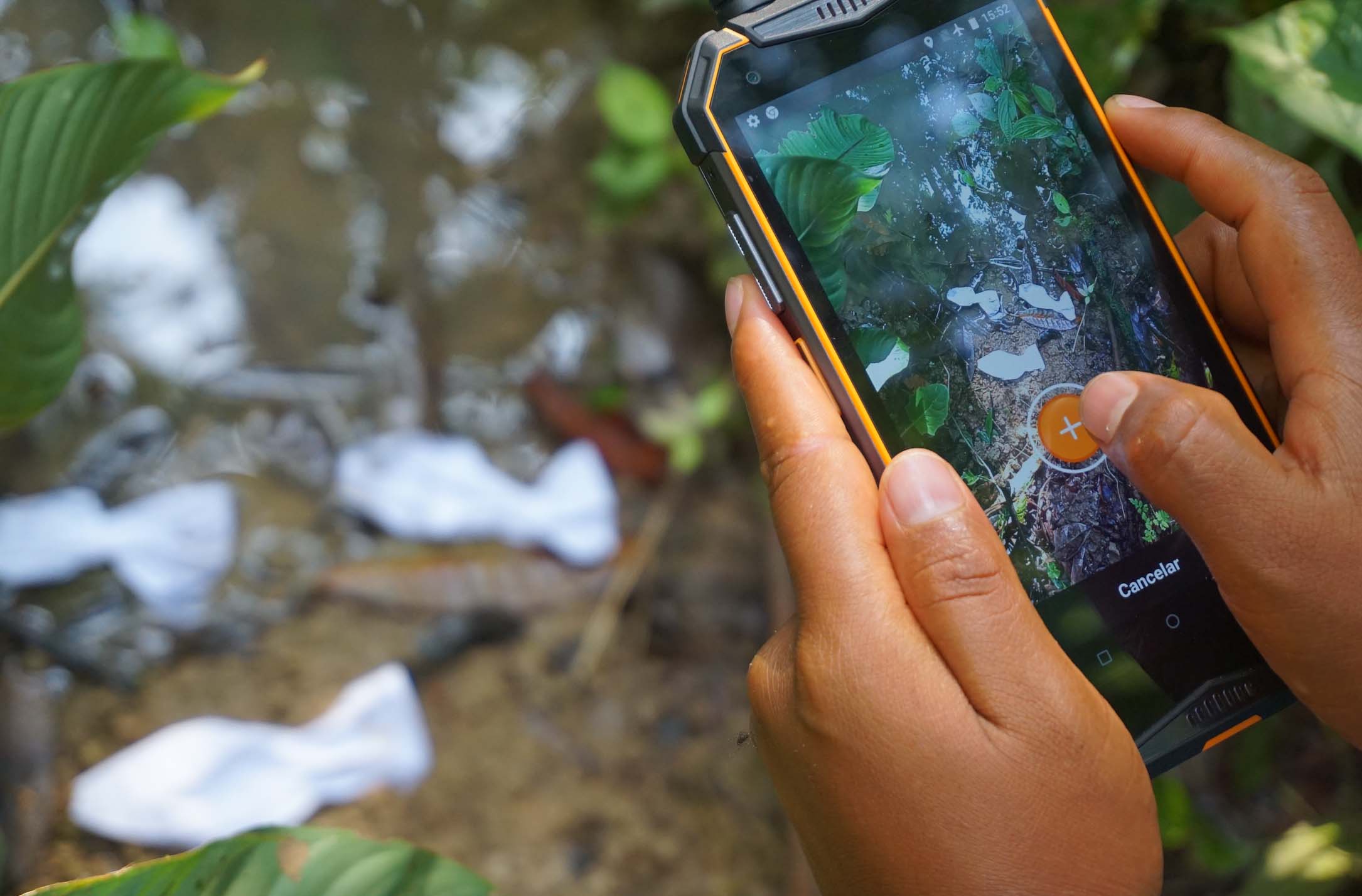Digital Democracy supports communities who are working to defend their human and environmental rights, but who lack the tools to do so. Their local partners represent marginalized communities worldwide, including Indigenous Peoples and ethnic minorities, whose human rights are most severely impacted by environmental abuse. They train partners to use basic digital tools to gather, share, and manage information about environmental and human rights infractions.
FIELD PROGRAMS
Their work lies in deep, trusting relationships with local partners. Digital Democracy supports communities who are working to defend their human and environmental rights, but who lack the tools to do so. Our local partners represent marginalized communities worldwide, including Indigenous Peoples and ethnic minorities, whose human rights are most severely impacted by environmental abuse. We train partners to use basic digital tools to gather, share, and manage information about environmental and human rights infractions.
TOOL BUILDING
Based on years of work with local communities, Digital Democracy observed persistent technological gaps that weren’t being met by corporate technologies. In 2013 Digital Democracy began to co-create tech solutions with their partners in the Amazon to develop a tool that would meet their needs, resulting in Mapeo, an open-source tool for frontline defenders.
Mapeo is a mobile and desktop application that allows users to map land, monitor threats, share data, and document human rights and environmental abuses from anywhere. It is free, easy to learn, and works offline for communities in remote areas. With Mapeo, communities own and manage their data using a decentralized, peer-to-peer sharing system. Mapeo is customizable so that communities collect the information they decide is most important. Today, earth defenders representing hundreds of communities worldwide are using Mapeo to protect biodiversity hotspots and secure land tenure.
LOCAL TO GLOBAL ENGAGEMENT
Digital Democracy scales their impact beyond their direct partners. Through events, workshops, and toolkits, they build bridges between their work and the work of advocates and decision-makers around the world. Highlights include the recently launched Earth Defenders Toolkit, a collaborative platform to support and connect both new and experienced earth defenders worldwide. Their goal with this initiative is to promote approaches to using technology in a way that supports local autonomy and ownership over tools and data, and reduces reliance on outside support.
COLLABORATION
Digital Democracy partners with local, primarily Indigenous-led organizations in over a dozen countries, including Brazil, Canada, Ecuador, Kenya, Peru, Thailand, and Vanuatu. They also work closely with international partners including Amazon Frontlines, Forest Peoples Programme, Open Development Institute and many more. On the tech side, they work with volunteer programmers as well as Mapbox,
Conservation Metrics and Tech Matters.
ACCOMPLISHMENTS
Since Digital Democracy was founded in 2008, they have conducted research, trainings, and projects in over 28 countries on six continents. They have helped local groups achieve critical victories, including:
- Halting illegal gold mining in Guyana
- Cleaning oil spills in Peru
- Mapping hundreds of thousand hectares of land in Ecuador to succesfully support Indigenous land sovereignty, and protect 1/2 million acres from oil drilling.
PRESENTATIONS, CONFERENCES & AWARDS
Digital Democracy has become a well-respected in humanitarian and environmental technology spaces around the world. Team members have keynoted or spoken at a wide array of conferences, institutions, and universities including: the IUCN World Conservation Congress, Aspen Ideas Festival, RightsCon, and Stanford University.
Their work has been recognized by Clinton Global Initiative, the Knight News contributions of individual donors, and philanthropic foundations including the Challenge, MIT Solve, PopTech, and Wired Magazine.
SUPPORT
Digital Democracy is supported by its board of directors, the generous contributions of individual donors, and philanthropic foundations including Hivos, Good Energies Foundation, Patrick J. McGovern Foundation, Nia Tero, Open Society Foundations, and Open Technology Fund.

